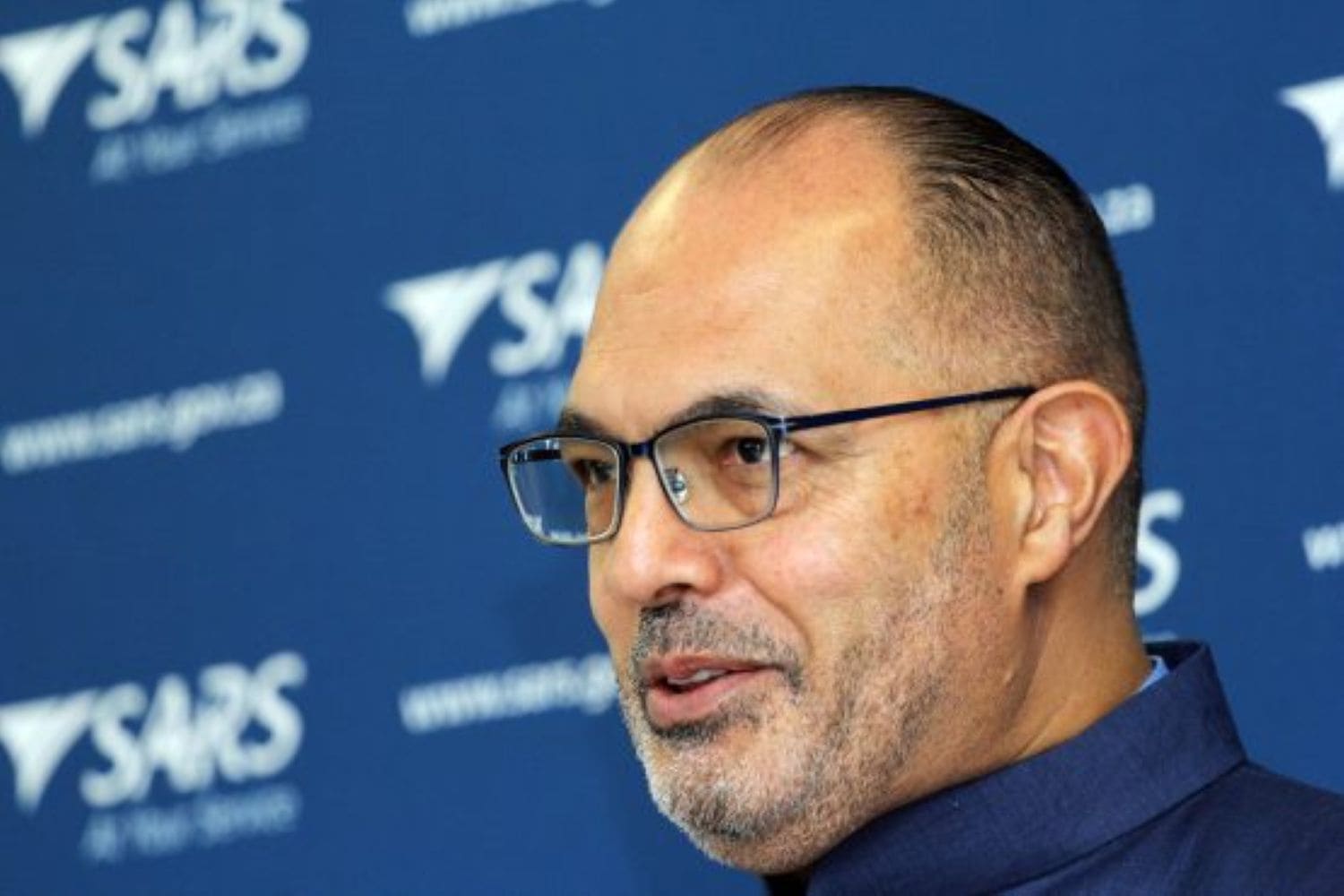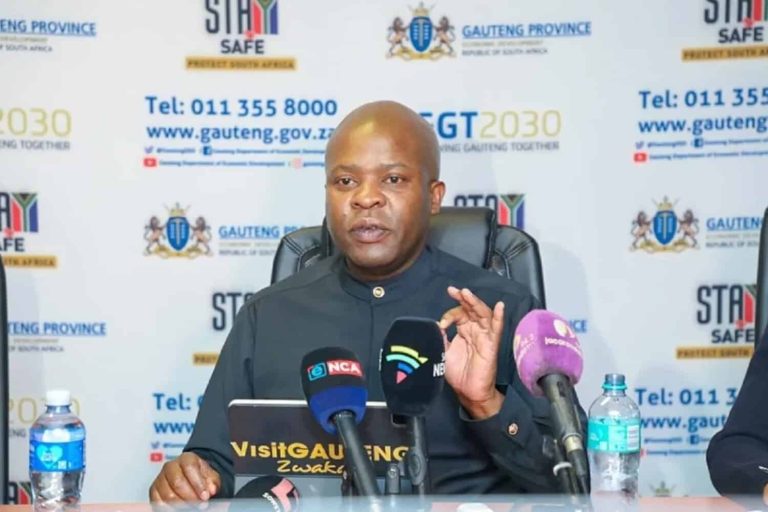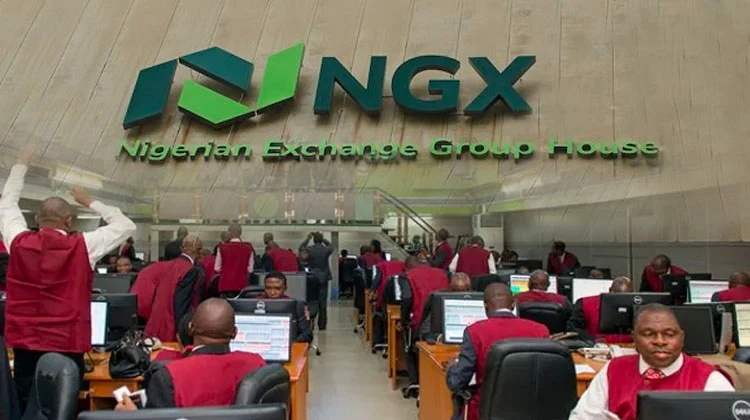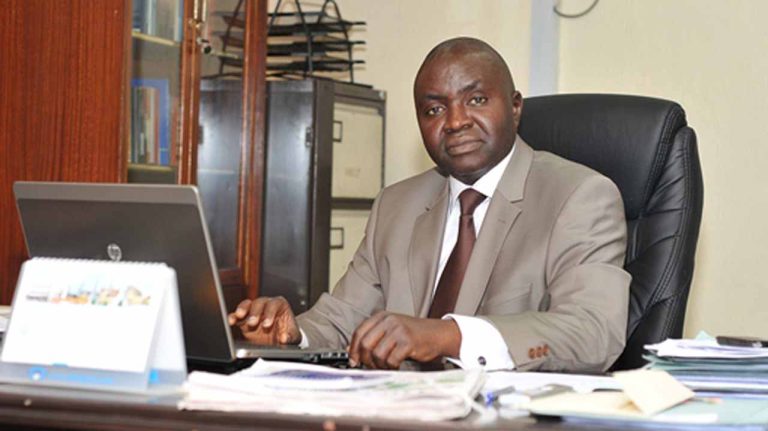
You might think that executive pay at state-owned enterprises (SOEs) would be far lower than at private companies.
After all, SOEs are publicly funded and exist to serve the country, while private companies focus on making profits. Yet, in truth, their salaries are not all that different.
Five senior employees at the South African Revenue Services (Sars) have cost the tax agency more than R33 million for the 2025 financial year, with the highest paid being its commissioner, Edward Kieswetter.
How the tax agency operates
In the greater scheme of things, Sars is not considered an SOE, but an autonomous agency of the South African government. The tax agency was established to collect revenue and ensure compliance with tax laws, not to operate commercially or generate profit like an SOE would.
Although Sars is not an SOE, as it operates independently in its day-to-day administration and decision-making, especially around how it enforces tax laws and manages revenue collection.
The tax agency still reports to the government because it is part of the public sector and accountable to parliament and the minister of finance, as it uses public funds and implements national tax policy.
ALSO READ: Here’s what some of South Africa’s SOE bosses earn
Sars’ commissioner’s payday
According to the remuneration report for 2025, Kieswetter is the top earner at the tax agency with a package worth R10.7 million, a decrease from R11.7 million in 2024.
He started as the commissioner in 2019 and received a two-year extension to his term in 2024. However, his reign is set to end in April 2026.
The commissioner received a salary of R8 million during the period, approximately more than R666 000 per month. He also received a R2 million bonus; however, it is not specified whether it is a performance bonus. In 2024, he received a bonus of R3.6 million.
“Bonus and performance-related payments payable within 12 months after the end of the reporting period in which the employees render the related service,” said the tax agency.
Second-highest paid in the top 5
The remuneration report also shows that the other four executives received bonuses for the period, however, significantly lower than what Kieswetter received.
Sars has three deputy commissioners, each responsible for a certain department. Deputy Commissioner for Taxpayer Engagement and Operations Johnstone Makhubu received a remuneration package of R6.3 million, making him the second-highest paid within the tax agency’s top five executives.
His package included a bonus of an annual salary of R4.6 and a bonus of R822 000, half of Kieswetter’s bonus.
ALSO READ: Draft report on eFiling hijacking: Almost 16 000 cases and R21 million
Bonuses for the execs
The third-highest-paid deputy commissioner is Carl Scholtz for Enterprise Strategy and Modernisation. Scholtz received a remuneration package of R5.8 million, including R5.2 million per annum and a bonus of R582 000.
Deputy Commissioner for Corporate and Enterprise Services Bridgitte Backman comes in at number four in the top five. She received a total remuneration packet of R5.8 million, which includes an annual salary of R4 million, half of Kieswetter earnings and a bonus of R329 000.
Sars’ chief of staff, Jeanneé Padiachy is the lowest paid in the top five with a total remuneration package of R4.2 million. Her package included an annual salary of R3 million and a bonus worth R553 000.
The tax agency’s performance
Chances are the executives received bonuses due to Sars’ performance for the 2025 financial year. The tax agency achieved 90% of its key targets set out in its Annual Performance Plan.
The revenue service collected net revenue of R1.855 trillion, which was R8.9 billion above the Revised Estimate set by the National Treasury, representing a year-on-year growth of R114.4 billion (6.6%).
The net revenue was derived from R2.30 trillion in gross revenue collections, up year-on-year by R147.8 billion (6.9%), which was reduced by R447.3 billion in refund payments, up by R33.4 billion (8.1%) from 2023/24.
NOW READ: Van Loggerenberg back at Sars a decade after ‘rogue unit’ saga



